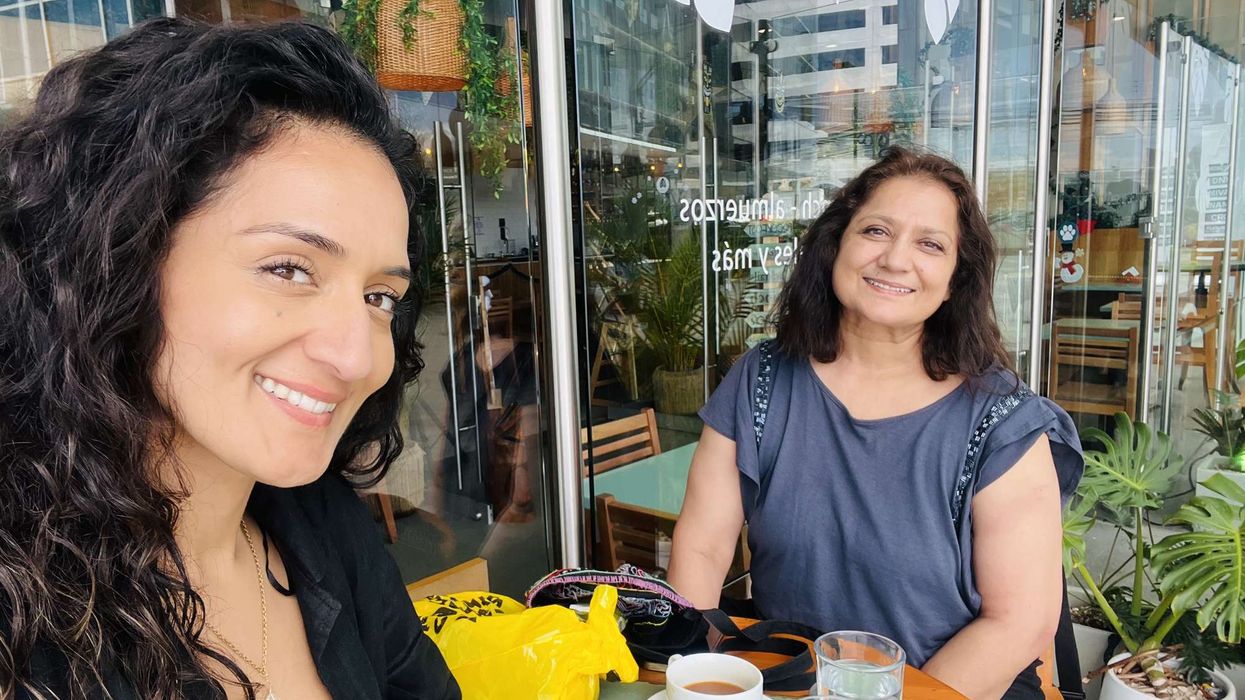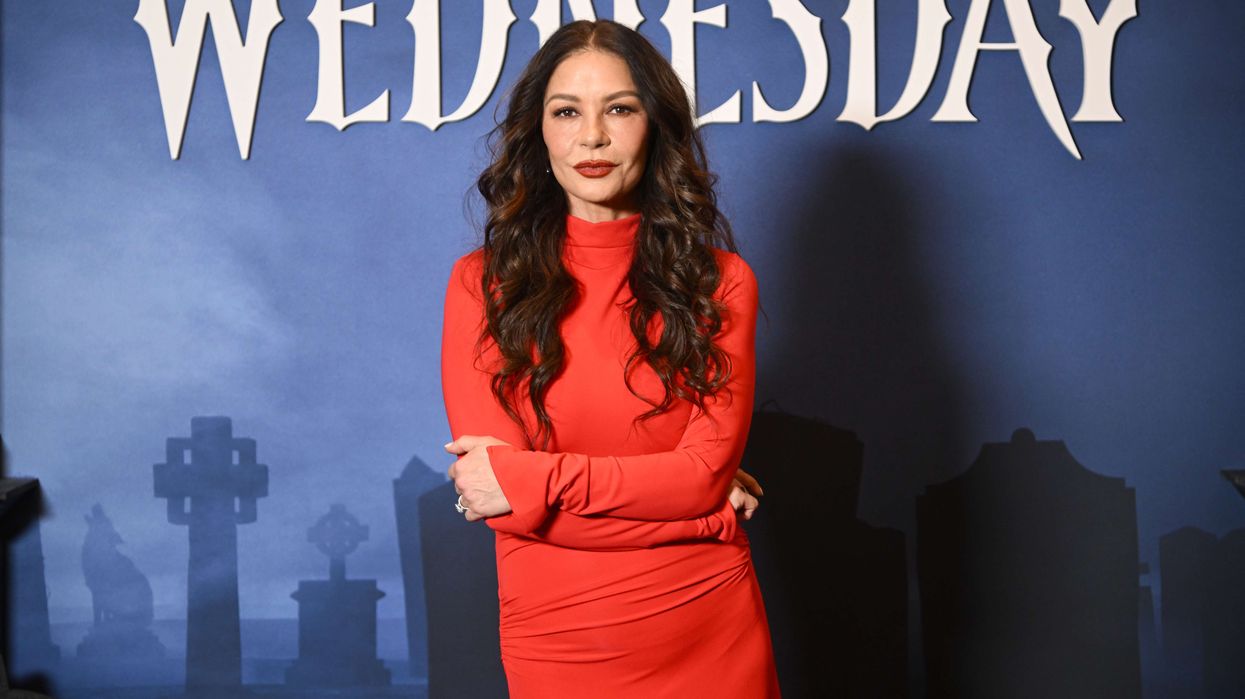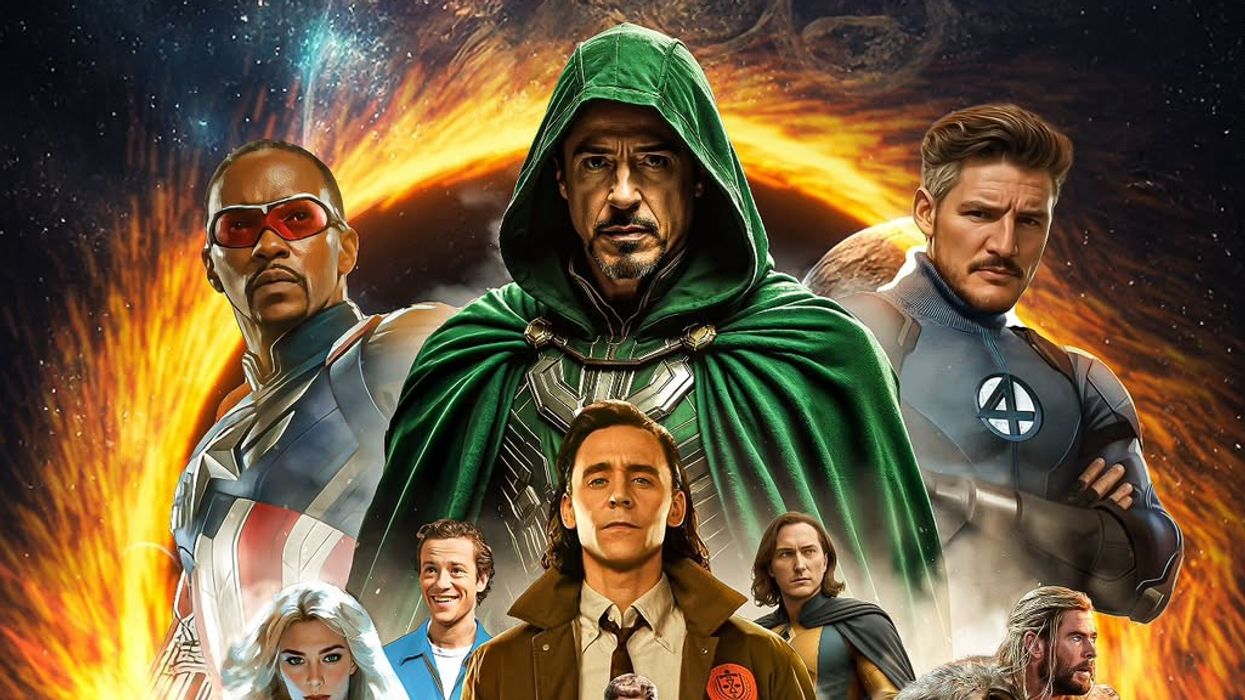IT wouldn’t be unfair to describe him as the wonder boy from Wembley.
A Hollywood A-lister these days, he has conquered one world and has something of a name for himself in another. One and the most obvious is acting - but he probably could have made it as a rapper - MC Riz has a solid following and with Himanshu Kumar Suri (better known as Heems), they formed the rap group, Sweat Shop Boys.
Ahmed has proved his Hollywood credentials a few times over - from starring in a Star Wars franchise movie to now producing and taking lead roles in others.
His newest, Sound of Metal, had its world premiere at the Toronto International Film Festival in September.
Ahmed has an executive producer credit and it’s not difficult to see why he was committed to the film if you see it.
It’s intense and philosophical, difficult and challenging at times. Ahmed plays a relatively non-descript young American (Ruben Stone) trying to find himself - well that is after a profound thing knocks him back a few notches.
A heavy metal drummer, he learns his hearing loss is so severe, there isn’t much that can save him. He holds hope in an operation and while the GG2 Power List can’t give away what exactly happens, it is a challenging situation which sees him initially check into deaf community who welcome and embrace him. There are rules he must follow and the initial reluctance gives way to something enriching and powerful. He makes friends, learns sign language but all the time his previous life and his relationship with Lou/Lulu (fellow Brit but also a seemingly sprightly American-French heritage person, Olivia Cooke) nag at him. Haunting and memorable debutant narrative feature director Darius Marder offers no easy answers to Ruben’s predicament. Ahmed said he was fascinated by the script and the way the deaf community had been presented - they are just like you and me and the hearing loss is just something they have to contend with - they don’t think of themselves as lesser or particularly different - and therein is the power of the film as Ahmed learns a new language and about his own position in this world. It’s a quiet but powerful film and won’t harm his prospects of continuing to land big roles. It got good reviews at Toronto, known by its acronym, TIFF (Toronto International Film Festival).
Ahmed also has two other big screen projects. One of them is his major new TV series for the BBC. ‘Englistan’ is of the most ambitious TV projects of its time.
Ahmed told a TV conference in Liverpool earlier in the year that it was ambitious - in that it would attempt to redress a particular narrative. It would look at the experiences of a Pakistani-origin family from right from 1979 to 2019. He told his audience the new work would cover identity, hope, belonging and themes such as family and the search for love.”
His aim is to tell a different history - an immigrant’s history, a Muslim’s history, a Pakistani’s, a South Asian’s. But he emphasised it would understandable and relatable for anyone. In all, there will be nine episodes in the series and Ahmed is expected to direct many of them. He has told a trade publication previously that he did not intend to act in the series.
It is expected that shooting is taking place this year - at the beginning of the year, there was a call out for boys of Pakistani origin to put themselves forward for parts in Englistan.
Anyone who has seen Ahmed’s ‘Daytimer’ will get a sense of Ahmed’s visual directorial style. This short film premiered at Sundance Film Festival in the US and Ahmed has said that it was based on his real life experiences.
He has talked frequently about code-switching - a term much used in the US, it refers to being able to meld and merge into different social groups.
Ahmed has a lot of practice this from his schooldays - in Daytimer, a young Pakistani origin lad hangs out with older lads who are essentially in the social lexicon of urban Britain, rude boys. Aggressive and confident, they exhibit a certain toughness and power. In essence, while the young protagonist in Ahmed’s film purports to be of this stock, at home he is quiet and studious and his family suspect nothing.
Growing up, Ahmed encountered very different worlds - around Wembley with its multi-cultural ethos and Gujarati, Tamil and Afro-Carribean communities, he was another minority within a minority but he knew how to handle himself. Winning a scholarship to Merchant Taylor’s, a public school of considerable reputation, he again found his group, who like him were code switchers par excellence, writer Nikesh Shukla was among them.
Further code-switching became necessary again when he went to Oxford University to read Philosophy, Politics and Economics, he could mix with the intellectuals and academics but unlike them he could handle a turntable and do a decent turn as a party DJ. Some people might describe this as simple social versatility but in Ahmed’s world, it’s more and vital, because between these different worlds, you must now how to navigate and get the most out of them.
Ahmed has also talked about the differences in approach to drama between the UK and US - his Emmy for ‘The Night of’ has really helped put him on the map in the US and he has been able to go up a notch in terms of his film career as well. He said in the US there is more willingness to take chances and try out new voices - partly yes, it is a size of industry element but it is more. They are prepared to take bigger gambles and playing safe can lead to downfall and ruin because you can easily be left behind. In Britain, perhaps things are too safe and too comfy - much of the media perhaps still remains in the hands of those who mix in very similar circles and went to very similar schools.
Last year, Ahmed in conversation with the Pakistani origin novelist, Mohsin Hamid, who has lived extensively in both in the UK and US, talked about how American TV made out it was representative and that different communities mixed and mingled. Ahmed found the truth somewhat short of that - on the other hand in the UK, very little of our TV or film is peopled by those of colour or even mixed origins - yet at a social level, Ahmed asserted that there was much mixing - and socially few people saw colour or ethnicity, you were just a Londoner or a Macunian.
Ahmed has become an icon and his power is that he encapsulates intelligence with the traditional arc of excellence, endeavour and diligence to his acting.







